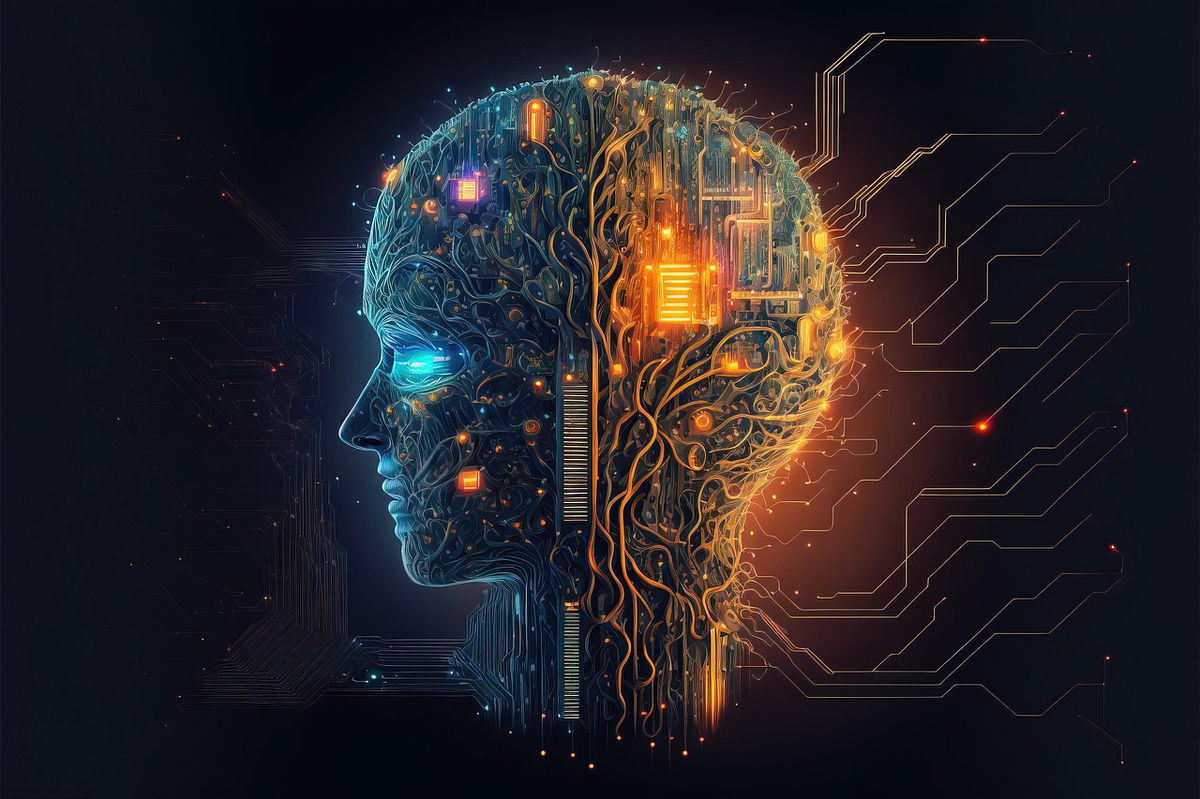Tesla boss Elon Musk has just won shareholder approval for what could be the biggest pay package in the company’s history, an eye-watering $878 billion (820 billion euros) deal over 10 years.
The vote was taken at the company’s annual meeting in Austin, Texas, with about three-quarters of investors supporting the plan. However, a huge payout is not a simple cash bonus. Musk will receive the full amount only if Tesla achieves some very ambitious goals, including delivering 20 million vehicles, launching 1 million robotaxis, selling 1 million humanoid robots, and reaching a total market value of $8.5 trillion.
Supporters say the deal is a way for Mr. Musk to focus on Tesla’s next big step, moving deeper into AI, robotics and self-driving technology. But critics say the amount is so large that it raises questions about fairness and whether it is possible to achieve such a monumental goal. One observer commented, “Putting such a high price tag on these goals raises questions not only about competition but also about ethics. I worry that Musk and his team will get so blinded by dollar signs that they forget their obligation to protect workers, customers, and investors.”
Tesla focuses on its AI chip factory
The decision comes just as Mr. Musk unveiled another big idea for the company’s future: plans to build a “mega AI chip fab,” or semiconductor factory, to produce advanced computer chips for Tesla’s next-generation self-driving cars and robots.
Speaking at the same event, he casually mentioned that American technology giant Intel may be involved in the project, although no deal has yet been confirmed. Still, Intel’s stock price rose on this news alone as investors reacted to the prospect of working with one of the world’s most influential technologists.
Robots, reality, and the way forward
The deal is a reminder that Tesla is serious about its transition from an electric car maker to a leader in artificial intelligence and robotics. And beyond Musk’s huge paycheck, this news shows how the once-futuristic world of AI and robotics is rapidly becoming a reality, shaping the next wave of work, industry, and daily life.








